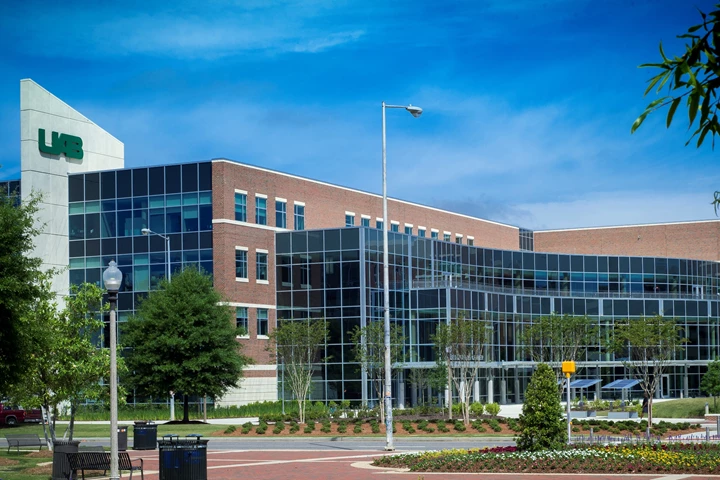On July 28, INTO The University of Alabama at Birmingham (INTO UAB) Executive Director David Hofmann led one of a series of virtual, university-wide seminars on resilient leadership during the COVID-19 pandemic. The session centered on cultural intelligence and international student support during the outbreak.
“I wanted colleagues to understand a little more about what’s happening within the INTO UAB center and what international students’ experiences are during COVID-19,” Hofmann said of his talk.
Launched in 2016, INTO UAB has supported more than 1,000 international students that have come to the University amid a sequence of major changes on the national and international levels, including a transition in American presidential leadership, new visa policies, and, now, a global pandemic. While COVID-19 has had a massive impact across campus, Hofmann highlighted some of the amplified anxieties international students have experienced during these unprecedented times.
Among these challenges, Hofmann noted confusion surrounding the U.S. Student Exchange and Visitor Program’s (SEVP’s) guidelines on remote learning for international students during the pandemic, pressure from families to return to home countries, and language barriers as they relate to stay-at-home orders. Specifically, Hofmann discussed how some INTO UAB students had taken stay-at-home orders literally, avoiding any time outside at the start of quarantine—even in their backyards.
What, then, have Hofmann and his team done to help international students navigate these challenges?
In addition to providing a Virtual Welcome Desk and 24/7 hotline to all international students, INTO UAB staff came together virtually to plan and produce masks for the cohort of students who remained on campus. They have also redoubled efforts to communicate the opportunities for care available to students on campus and in their home countries, including academic counseling and mental health services.
Before the pandemic, the INTO UAB team and University faculty had started to develop an online pathway program for international students to access remotely from around the world—an initiative that put UAB ahead of the curve as universities began transitioning to distance learning in the spring
“I feel that INTO UAB is ahead of most other universities in its online pathway program,” Hofmann said. “We were able to provide our online undergraduate pathway to other schools in the INTO network, such as Drew University.”
In Hofmann’s own words, the INTO UAB team has demonstrated incredible initiative and resilient leadership since the start of the pandemic.
“My team’s ability to be flexible, to adjust to change, and to think outside the box more than usual has been integral to better serving international students during COVID-19,” he said.
As the INTO UAB team helped students transition into both in-person and online learning for the semester ahead, Hofmann called on colleagues across the University to teach with empathy.
International students bring their own cultures and customs with them, Hofmann emphasized, which means they will face challenges different from those faced by new and returning domestic students. Differences in time zones and technology will impact on returning international students who choose to begin the semester virtually, and limited in-person interaction with professors and domestic students due to social distancing will mean that international students new to campus must acculturate without the same level of immersion they would have had before COVID-19.
Hofmann urged colleagues to keep cultural differences front of mind as campus reopens and courses resume. He also asked that they reflect on and challenge unconscious biases to combat negative perceptions of international students that have emerged in a COVID-19 context.
In the INTO UAB team, Hofmann hopes to provide an example and a resource for the entire UAB community to tap into during the semester ahead. Leading in international student service by example is the work to which the INTO UAB team has committed itself for four years now, and it speaks to the ways in which INTO center staff across the U.S. and U.K. enrich their respective communities.
